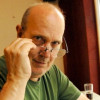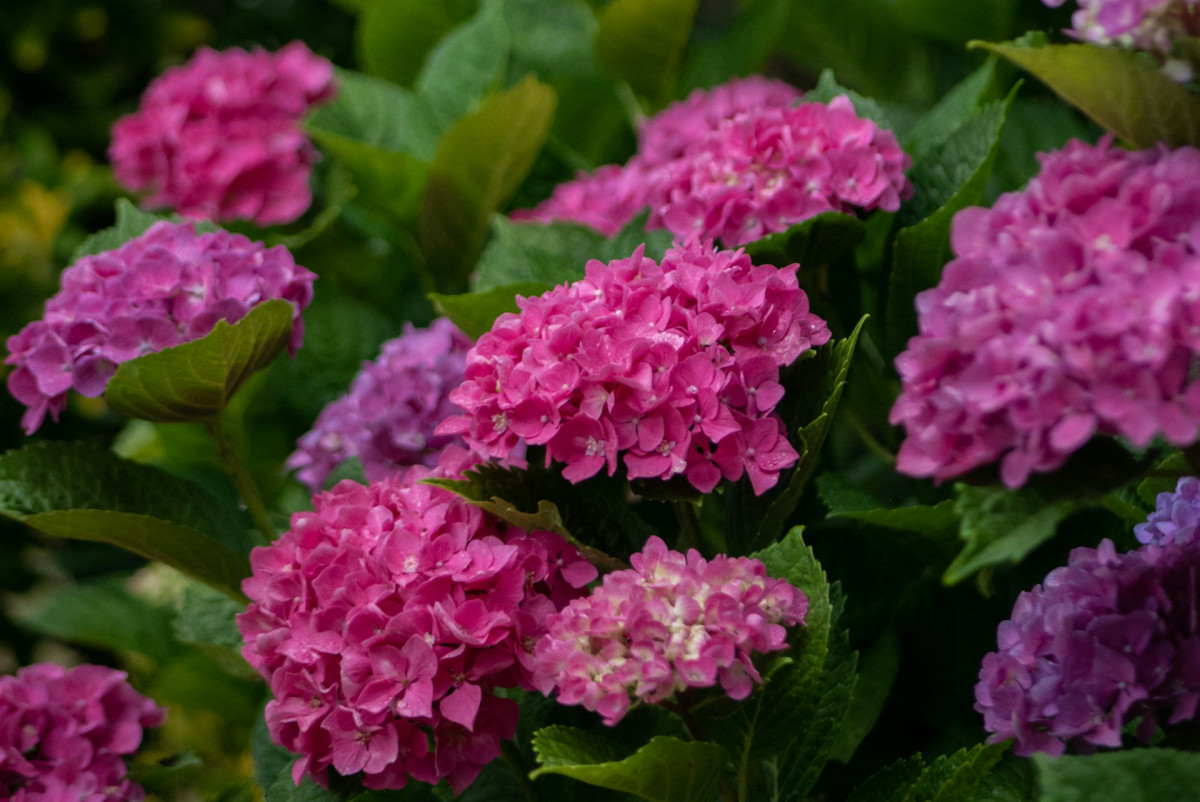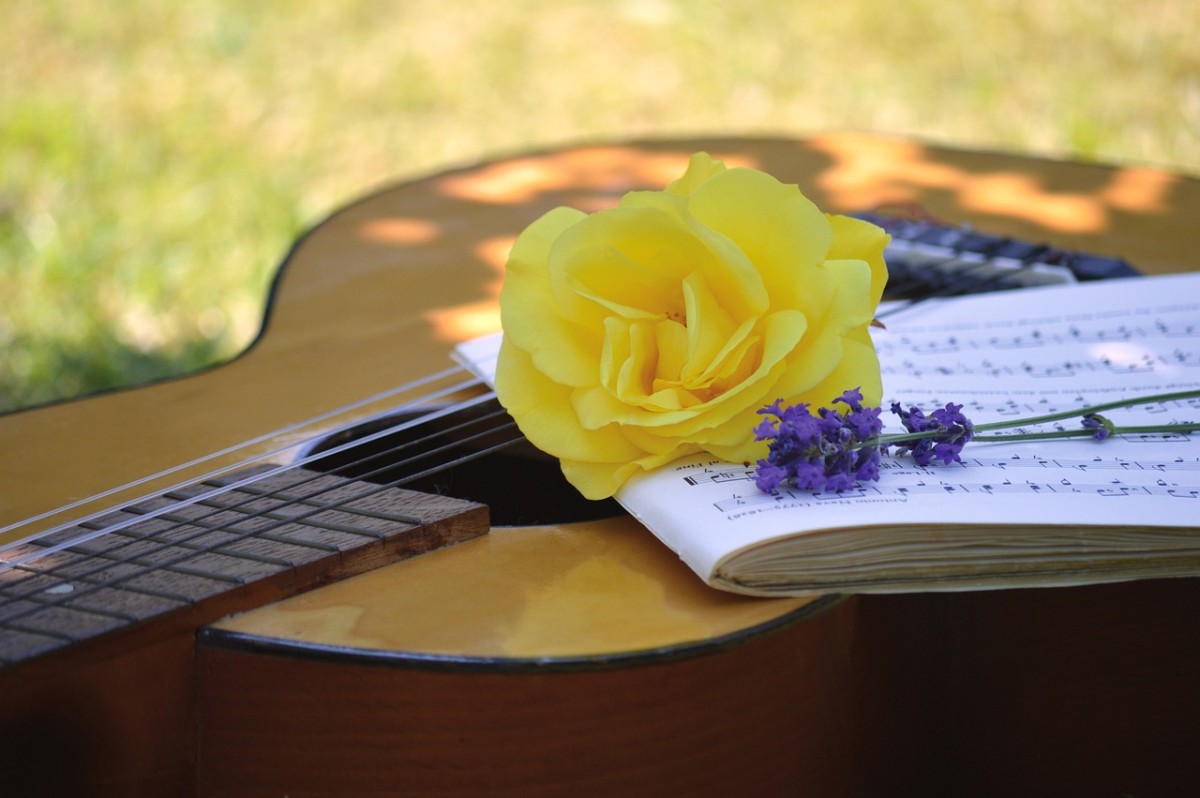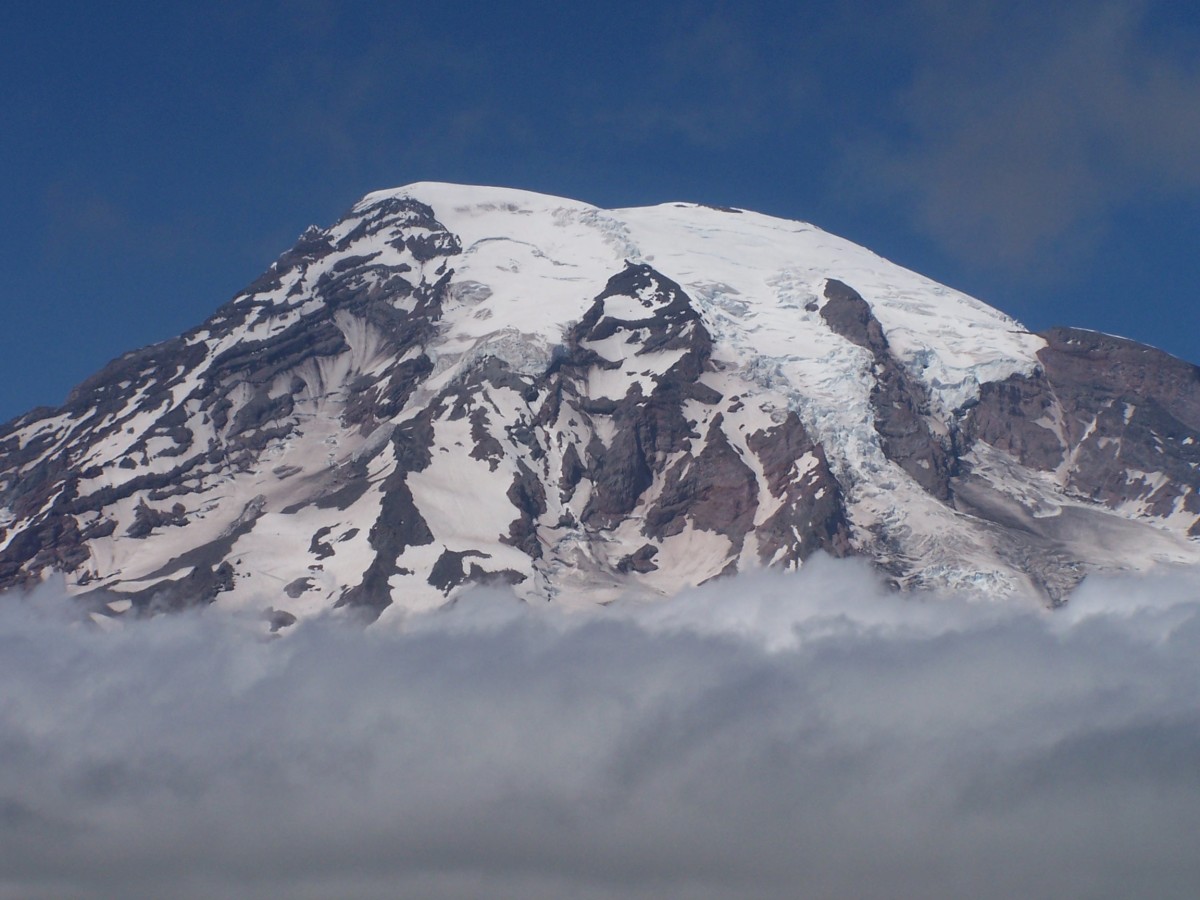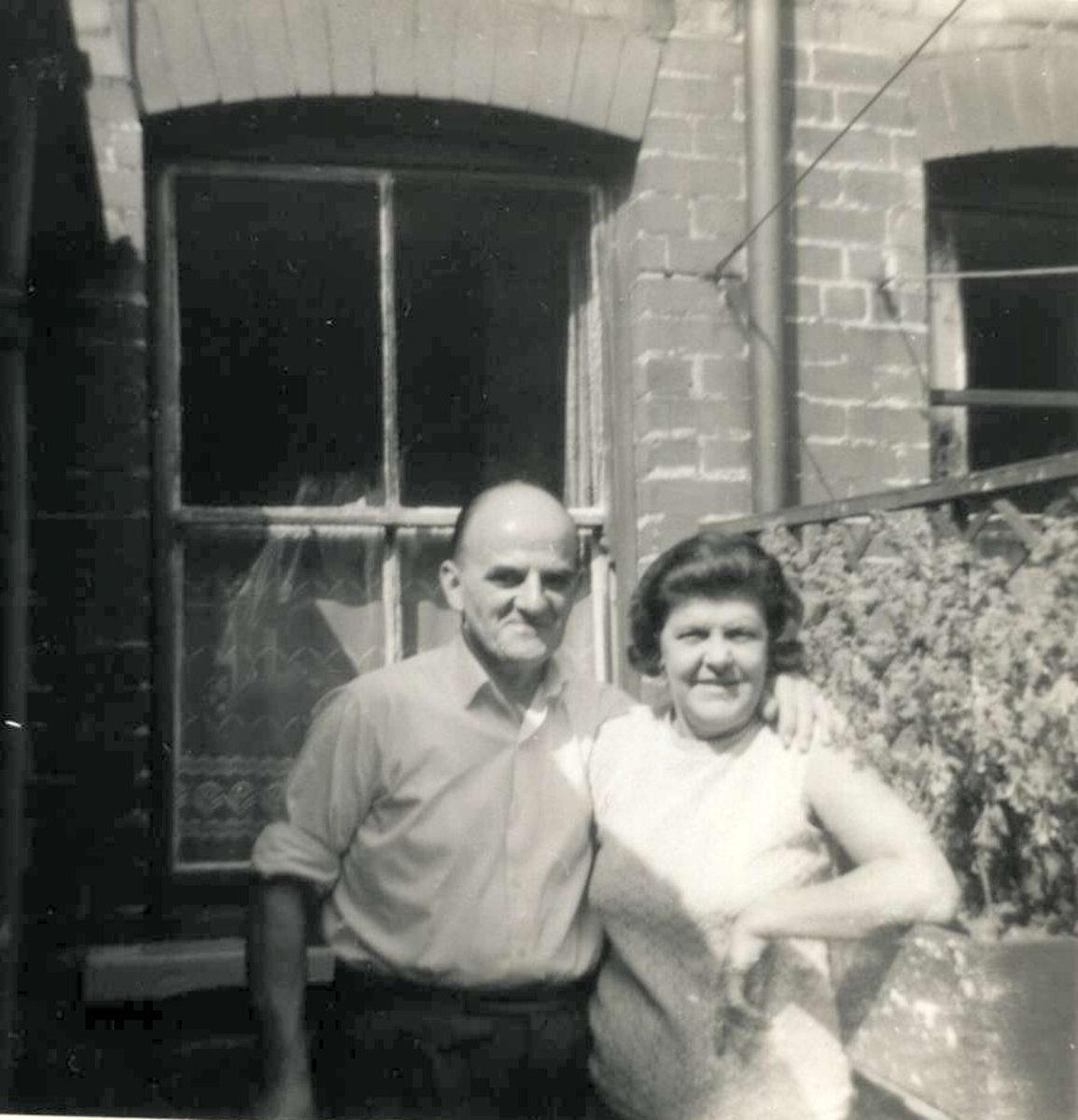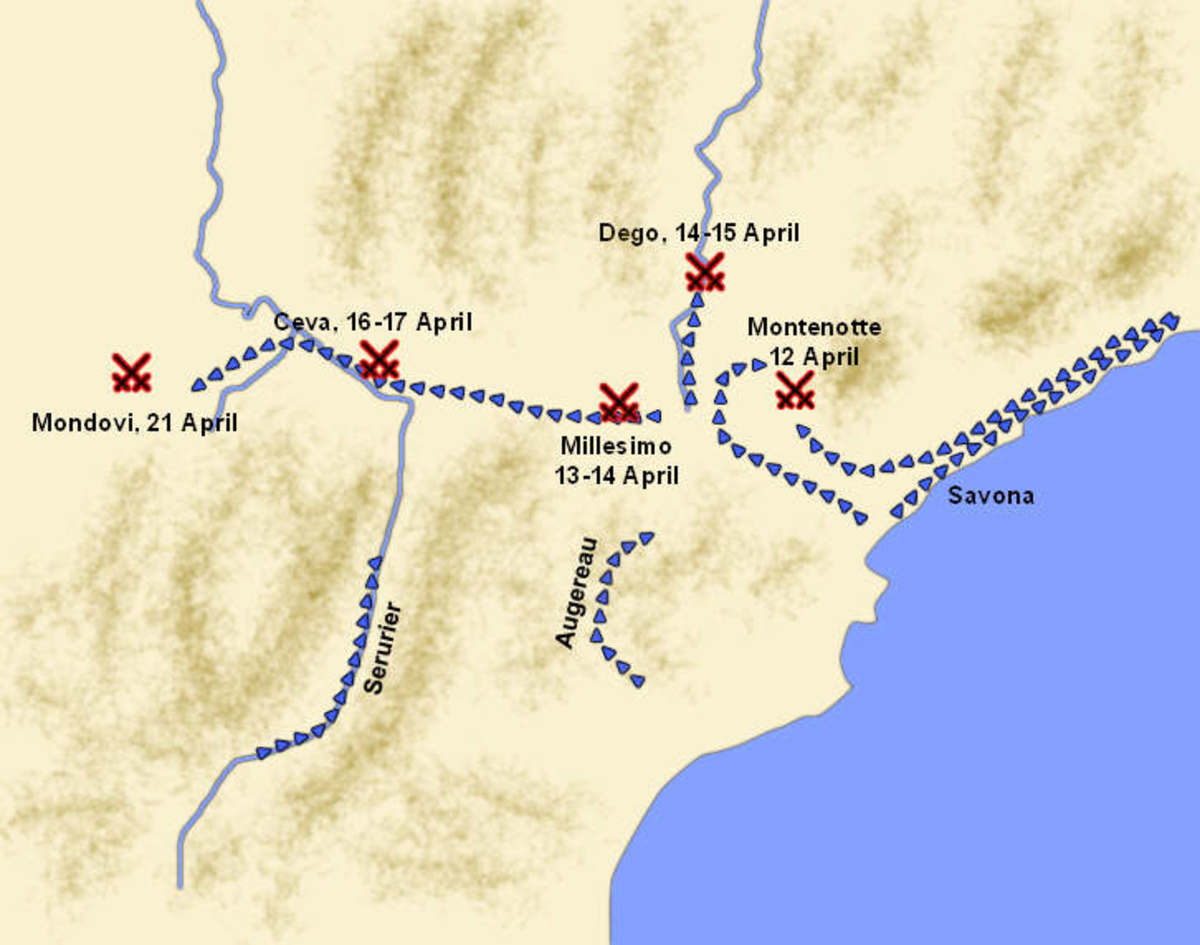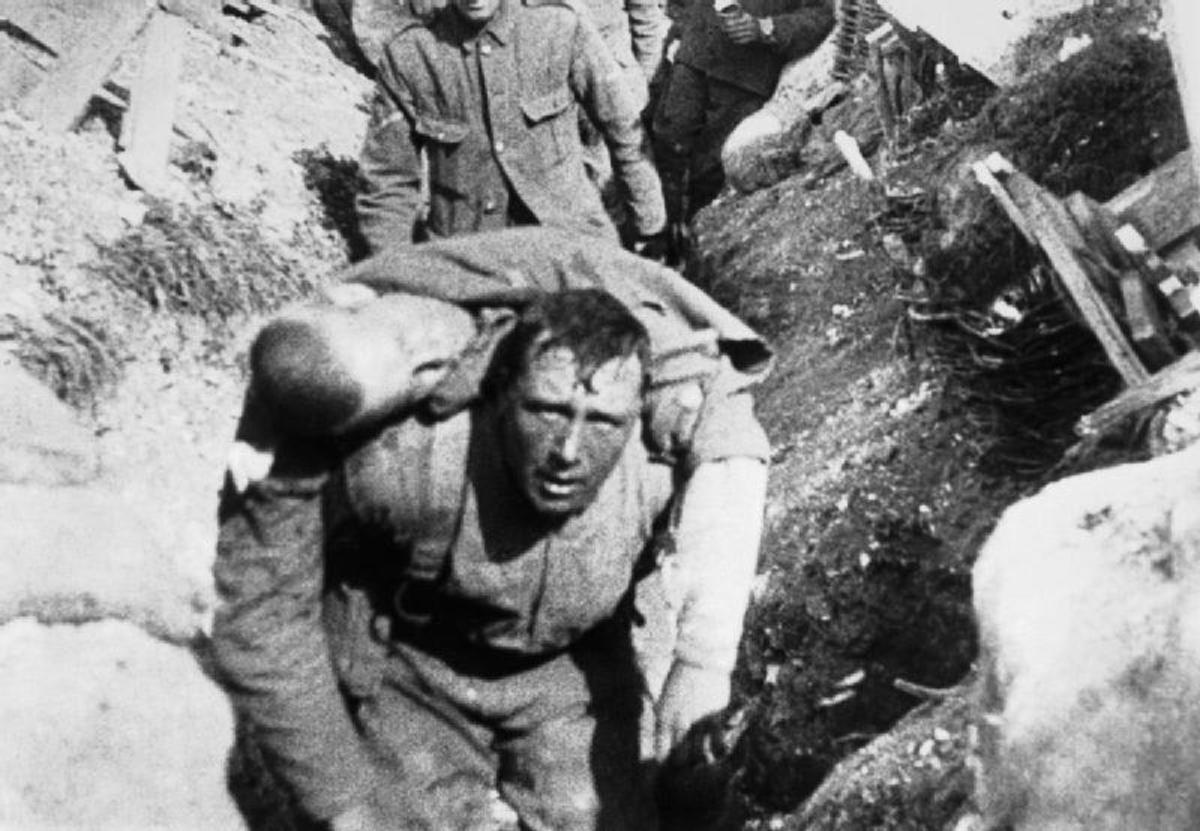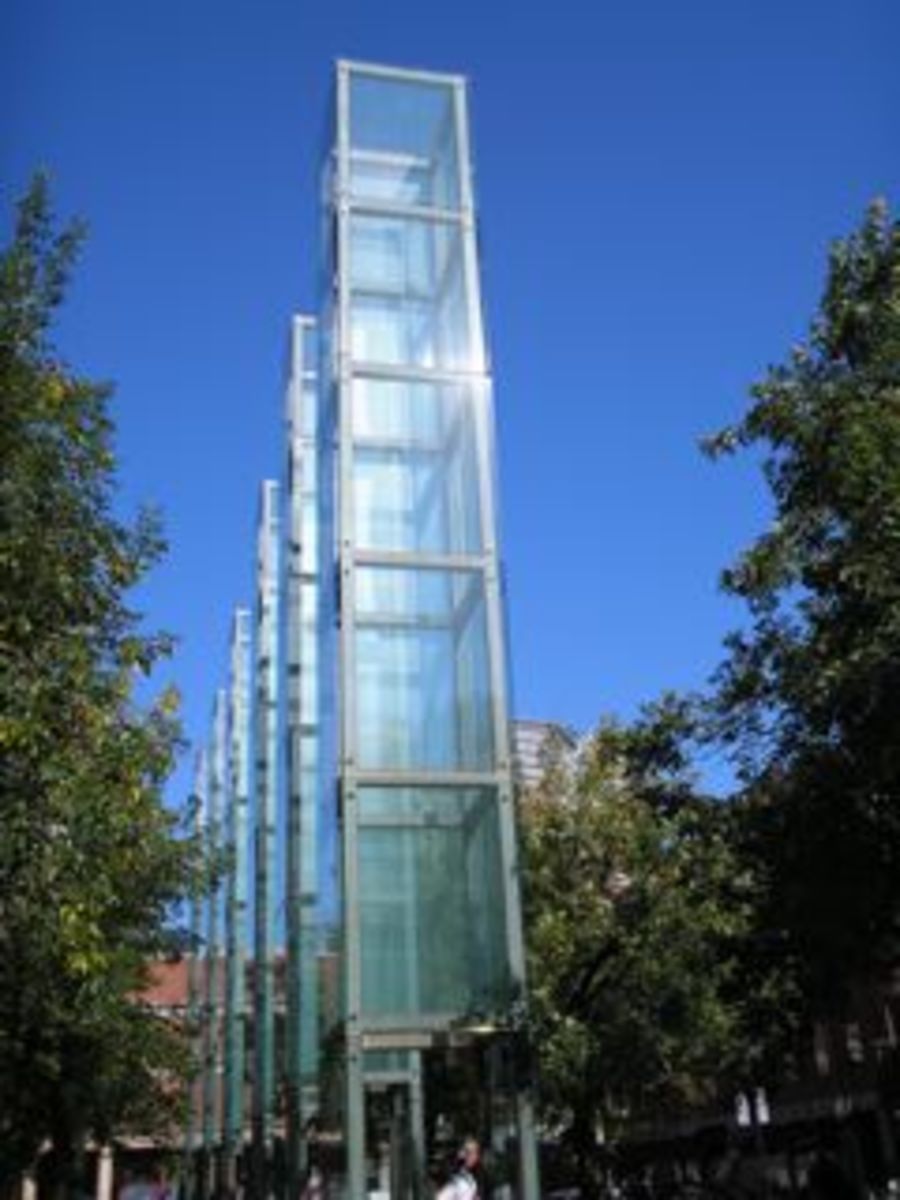When Your Summers End, What Remains?
Summer's End
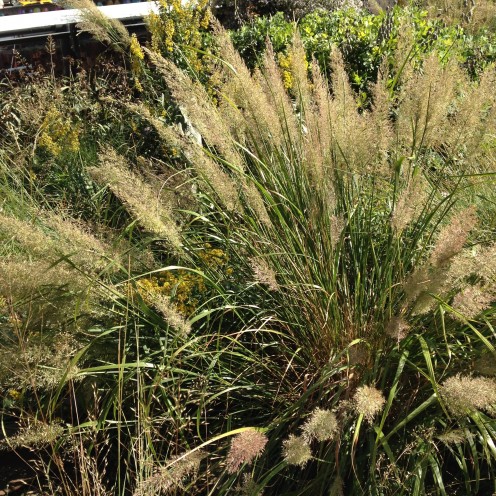
Reflections On Summers Past
What comes to mind when you think of summer?
The beach? Camping? Parties and sleeping late?
For me, it starts with baseball, although that was a long time ago, hitting balls, pitching and running with my brothers in the State fields we converted to a diamond every summer.
Warm summer nights, we used to get all the neighborhood kids together to play kick-the-can after dark in our back yard. I'd race up and send some empty soup can sailing into the dark while the others who'd been caught fled, sprung free by my heroic rescue.
Because you got to touch the girls, i also liked freeze tag and pom-pom-pull-away. With pom-pom-pull-away, you got to wrap your arms around them. All of it within bounds we all knew, of course, all part of learning the rules of being boys and girls as we grew and our string of American summers ended.
Before summers folded into September, some were taken up with work on my Uncle Leslie's farm. I got bigger and stronger from the work and my Aunt Bertha's hearty meals. Another was consumed with free love and protest, 1968, those few months when we imagined we could change everything.
But summers always end, and eventually, the string of free summers so ingrained in American childhood end too. There weren't many things I found harder to adjust as a grownup than the continuing of regular routines as the days grow long and the sun beams closer.
I admit, I still have fantasies. When I worked for a troubled company, I kept hoping, if I got laid off, it would be in July and August. I'd sleep in, walk out for breakfast and figure out how to survive two months on unemployment.
But that never happened.
Yet.
Summer's A Tattoo
Not only has summer not really disappeared, here in New York City, its drama has been powered by global warming. The always hot humid months of a port city have now been chased by hurricanes.
But the summers, the real ones, that left their tattoo on me ended a few decades ago. Tattoos, they never come off.
In our backyard when everything was still perfect in the world, fireflies arrived with the season. One of my brothers tried catching them in a jar. Mainly, I just watched in fascination. If you got up close, you could see their bodies light up, translucent like a frosted light bulb. Who needed the pyramids when you had these wonders of the world blinking in the dark and the scent of lilacs filling the air?
Another thrill was heat lightning. The stars were still flung across the sky like spilled jewels, but the lightning flashed without clouds or thunder.
Anyone could see there were mysteries to be discovered everywhere.
Image credit for fireflies, Wikipedia, Creative Commons License
When I Think of Summer
Here are a few of the things that meant summer to me.
More Songs Than You Can Count
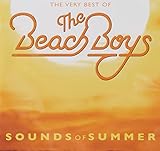
Growing up with Baseball

The Girls of Summer
Soon, the mystery that flavored all the others was girls. Girls were a summer thing. All of us had free time to flirt and talk and make out when nobody was around.
It started, I remember, during the summer I worked on my uncle’s farm. Toward the end of August, I found myself daydreaming, not about returning to classes and my friends, but a certain brown-haired girl with sparkling eyes I wanted to look at again. Things were changing.
A couple years still had to pass before I had my first girlfriend. I met Sandi, of course, on a summer night. Dick Clark’s traveling rock and roll show came to town. We met in the bleachers. I got my first kiss, and by the time the night was over, we were making out in a park. And I was thrilled and confused about what was supposed to happen next.
What happened next, I found out when summer ended, was that our romance cooled in perfect coordination with autumn.
Later, I always had a summer girlfriend. The romance faded with summer as the learning curve relaxed long enough to let other things, like math and world history, get some brain space.
But those sweet summer loves are part of what made summers so hard to give up. They were part of my American Dream.
Unexpected Lessons of Summer Worth Keeping
My dad came from a farm family in northern Pennsylvania. Most of his brothers started their own farms while his youngest brother, my Uncle Leslie, inherited their father’s farm and provided a place for my grandmother to live out the rest of her life.
In summer especially, farming is harder work than you can imagine. The days start early with cows in the barn that need to be milked, and they run all day. Days on end were spent cutting, mowing and bailing hay and putting it into storage to feed the cows in the winter months, along with other chores, like running fences and, memorably, cleaning out the barn, a chore for which I will spare you the details.
What stayed with me from that summer was the relentless of the work. You didn’t take a day off, not even weekends, because the cows didn’t. Sick, well, tired, depressed, angry, happy, it didn’t matter, you went to work.
I learned something from those hot days in the field, while I got tanned and stronger than I’d ever been. I learned to work. Thirty-five years later, when the most challenging job in my life meant getting after my responsibilities without excuses, I’d think about Uncle Leslie, at five in the morning, trudging off to milk the cows, no matter what, with no dreams of naps or time off for consolation. Whatever I had to do to be successful, it was certainly easier.
I found my theme song on Tom Wait's Mule Variations.
Got to get behind the mule
In the morning and plow
The songs a little grim in content, but ultimately, the message is about getting to work, no matter what your circumstances.
And alternately, my friend Eliot and I shared Chumbawamba’s Tubthumping.
I get knocked down
But I get up again
You’re never gonna keep me down
Tubthumping was released in summer, August, 1997.
Amen.
When the Music Exploded Too
Summer of Love and the End of It
Before the string of true American summers could end, it exploded in protest. 1968 was my last summer not weighted down by a conventional job. I worked at a Peace Center in my hometown, Binghamton, but that was more passion than work.
While the political conventions that summer to decide who’d replace Lyndon Johnson as president held the public’s attention, I learned about politics for the first time, my happy optimism wiped out by the season of assassinations that led into summer.
But a larger part of dropping out was dropping in, figuring more out about who we all were and what our relationships should be like.
Once you threw out the conventions of dating and going steady and sailing into marriage, you needed something to replace it. We really were feeling around for what those relationships should be like.
For one thing, the freedom to take our minds off the traditional march into adulthood meant our friendships must be redefined too. I’d always had friends, male and female, but for the first time I believed I had an extended family of brothers and sisters that weren’t the ones I’d grown up with.
To flash a peace sign at a stranger and have it returned signaled a new community with new values. Men could be more aware emotionally, and respect for women suddenly meant more than holding doors.
The women, kept under wraps for so long, changed more than we did. Bra burnings were explosive expressions of freedom. The Women’s Movement accelerated, making them powers to be dealt with — and relied on — in ways we’d never imagined.
We all swung together into Woodstock Nation. It didn’t last long. All summers end.
That summer when everything almost changed was an exhilarating time, impossible to repeat because the context will never be frames that way again.
Conclusion
That’s summer for me.
The warm months that get so many of the people we know evacuating city, leaving the place to tourists, in July and August can never be that summer.
Maybe we need another name for the summers of youth, the times of dreams and passion and idealism. Until we do, I’ll hold onto summer as something that used to happen don’t anymore.
For now, I’ll take June, July and August, T-shirt weather, and memories of summers that ended.
Find all my books on my Amazon Author Page.
© 2014 David Stone
